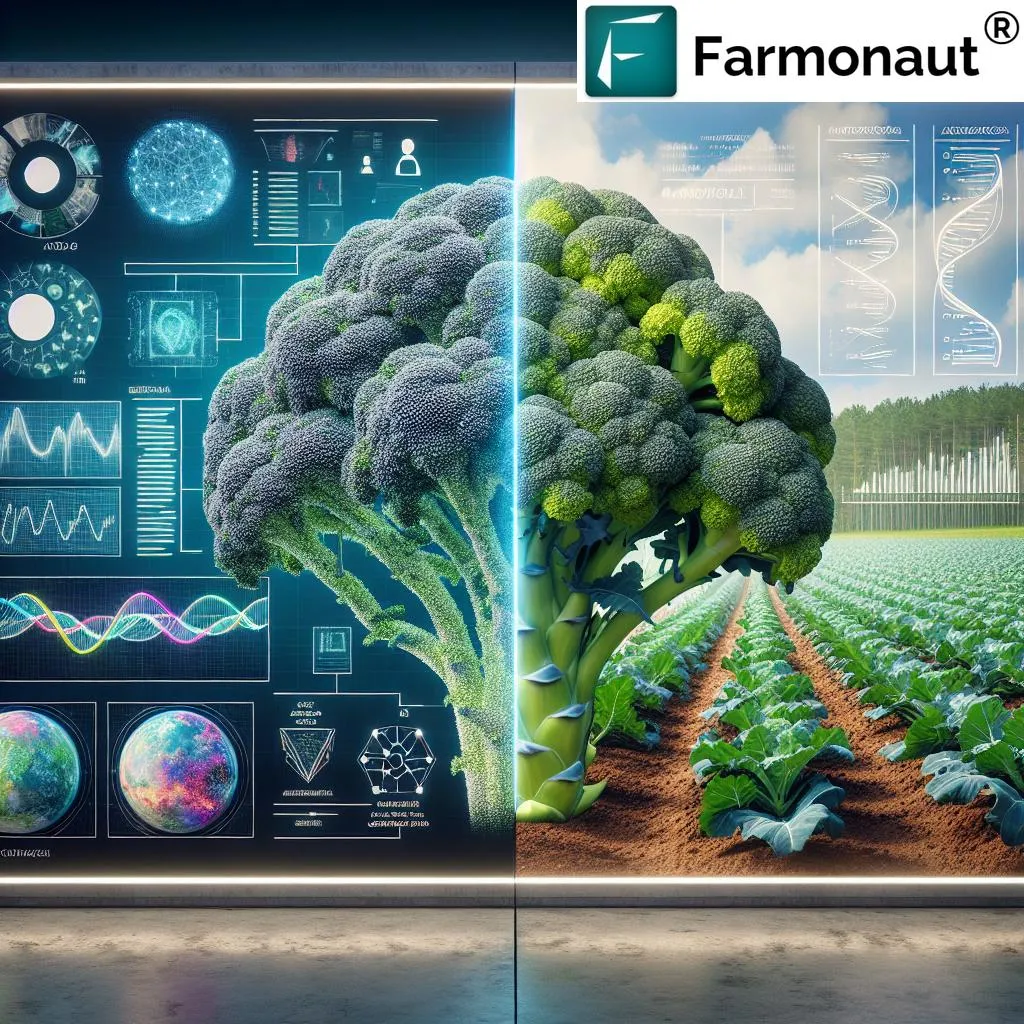In the rapidly evolving world of agritech, a groundbreaking development has emerged that could revolutionize how researchers approach plant functional genomics. A team led by Ruixiang Zhang from the Guangdong Basic Research Center of Excellence for Precise Breeding of Future Crops at South China Agricultural University has introduced PlantGPT, an intelligent agent designed to answer questions about plant functional genomics with unprecedented accuracy. This innovation, detailed in a recent publication in *Advanced Science* (which translates to *Advanced Science* in English), leverages the power of large language models (LLMs) to aggregate and query vast amounts of plant research data, potentially transforming the landscape of crop yield strategies.
The research addresses a critical need in the field: the efficient and accurate retrieval of gene function data. Traditional methods of sifting through countless research articles are time-consuming and prone to human error. PlantGPT aims to streamline this process by compiling abstracts from over 60,000 plant research articles into a Chroma database, enabling retrieval-augmented generation (RAG). This approach minimizes the risk of “hallucinations”—inaccurate or false claims that can arise from LLMs—and ensures high-quality, knowledge-based outputs.
To fine-tune the LLM Llama3-8B, the team utilized linguistic data from 13,993 Arabidopsis (Arabidopsis thaliana) phenotypes and 23,323 gene functions. The result is PlantGPT, a virtual expert in Arabidopsis phenotype-gene research. “By evaluating answers to test questions, we demonstrated that PlantGPT outperforms general LLMs in answering specialized questions,” Zhang explained. This capability is a significant leap forward, as it provides researchers with a tool that can quickly and accurately answer complex queries about plant gene functions.
The implications of this research are far-reaching, particularly for the energy sector. As the world grapples with the challenges of climate change and the need for sustainable energy sources, the development of high-yield crops is more crucial than ever. PlantGPT’s ability to aggregate and analyze vast amounts of data can accelerate the discovery of gene functions that enhance crop resilience and productivity. This, in turn, can lead to the development of bioenergy crops that are more efficient and sustainable, contributing to a greener future.
Moreover, the development of PlantGPT serves as a blueprint for future research in functional genomics. The success of this project demonstrates the potential for LLMs to be fine-tuned for specific research modalities, opening up new avenues for exploration in plant science. “This is just the beginning,” Zhang noted. “The online tool http://www.plantgpt.icu will allow researchers to use PlantGPT in their scientific investigations, facilitating broader access and adoption.”
As the agritech field continues to evolve, innovations like PlantGPT are poised to play a pivotal role in shaping the future of plant research. By providing a powerful tool for data retrieval and analysis, PlantGPT not only enhances the efficiency of research but also paves the way for groundbreaking discoveries that can address some of the world’s most pressing challenges. The research published in *Advanced Science* marks a significant milestone in this journey, offering a glimpse into the transformative potential of LLMs in the realm of plant functional genomics.

